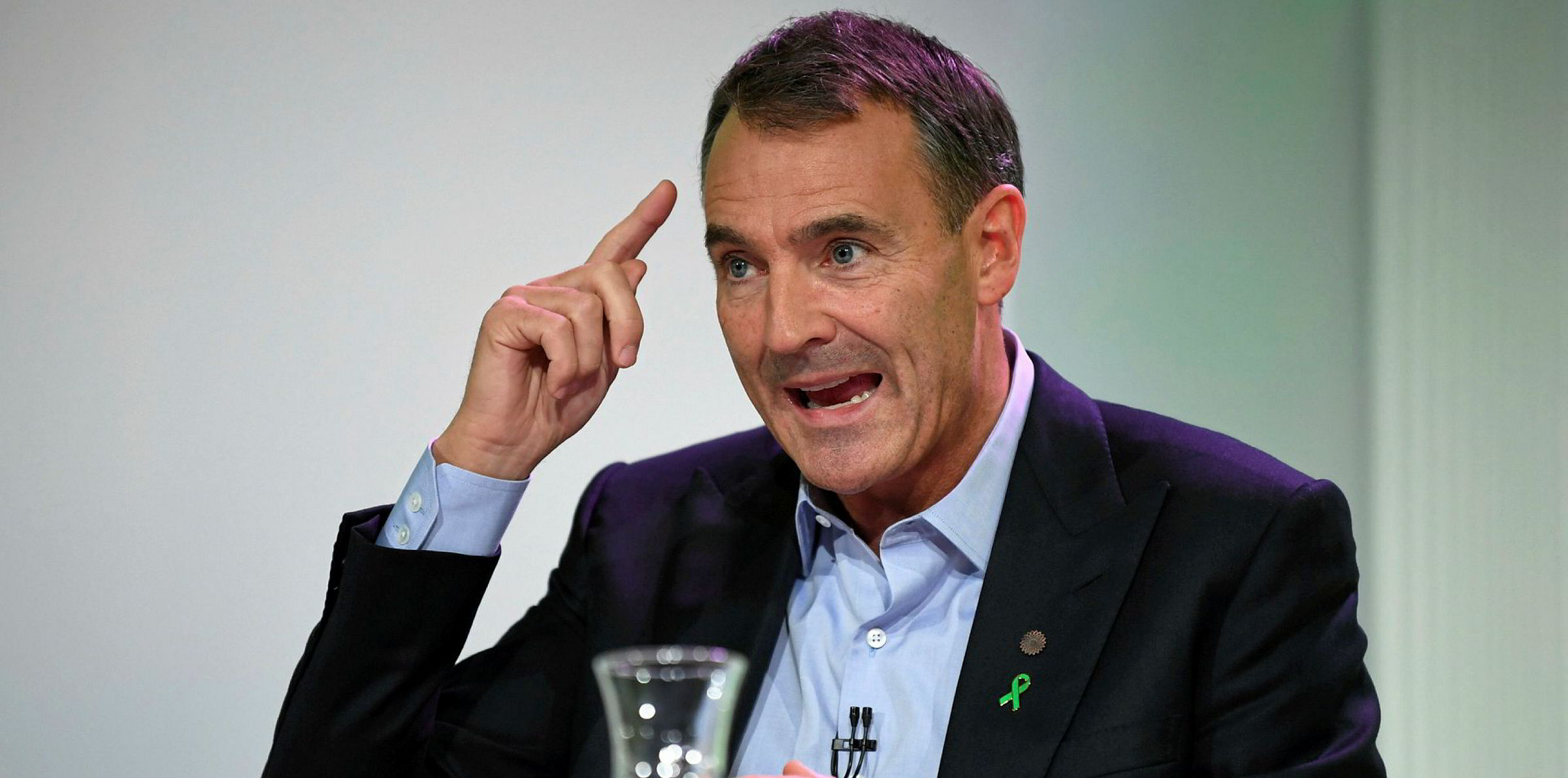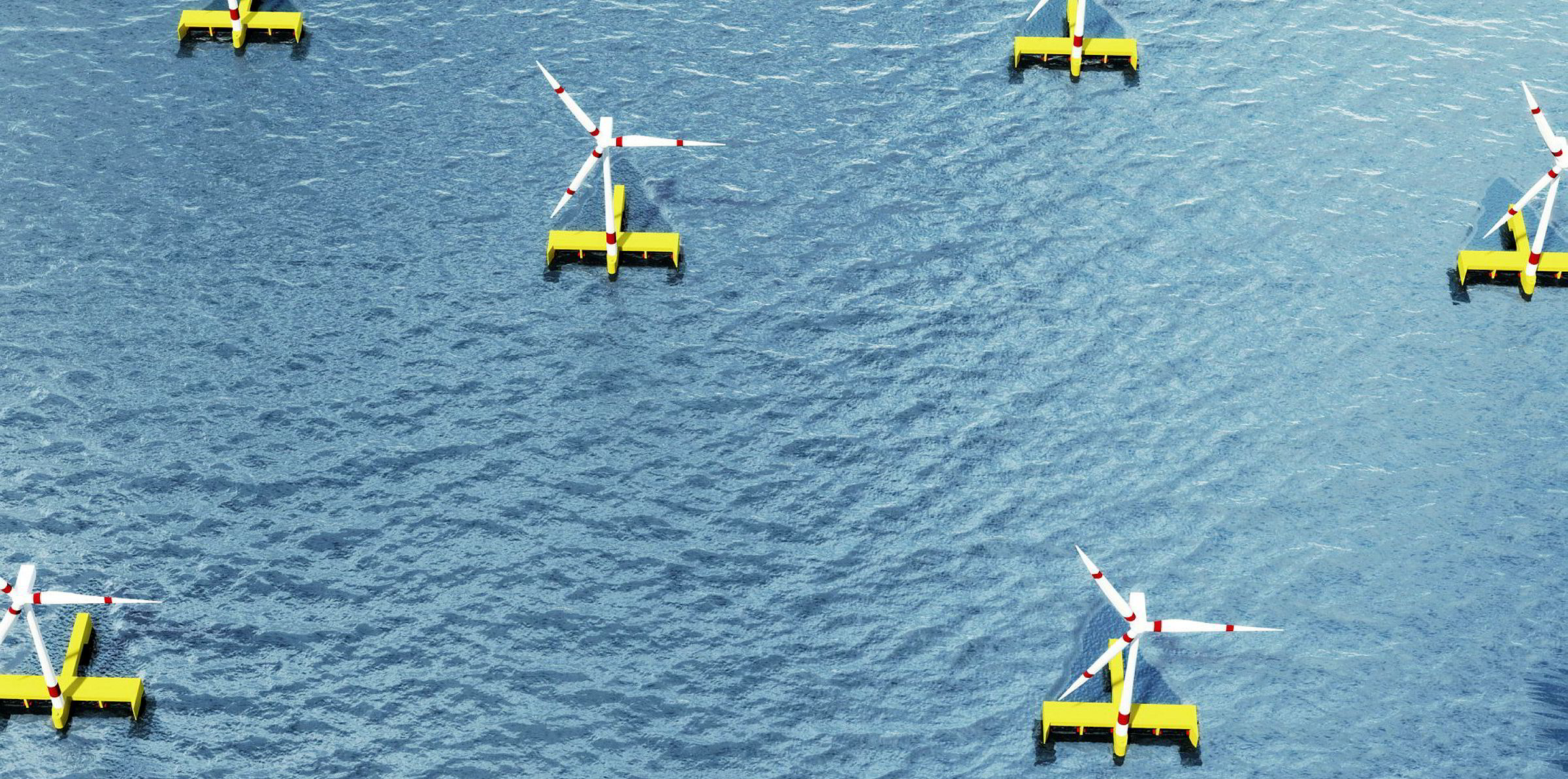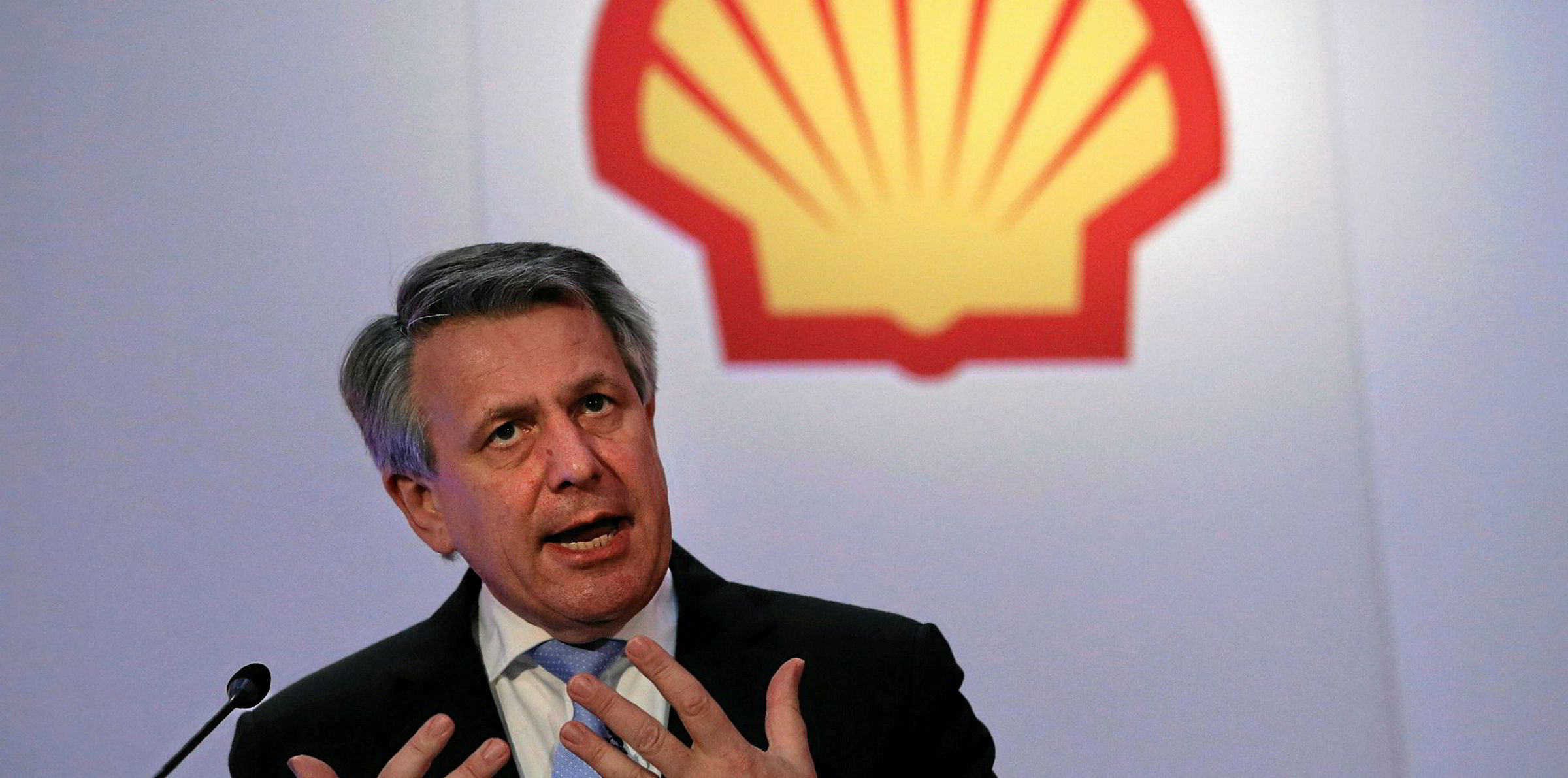Europe’s biggest oil & gas companies are continuing to overstate their climate ambitions despite making progress in setting carbon reduction targets, according to new research by investors managing $19trn in global assets.
The analysis by the Transition Pathway Initiative (TPI), which assesses how prepared companies are for the transition to a low-carbon economy, compared recent pledges to cut emissions by Shell, BP, Total, Repsol, Eni and Austria's OMV.
"These results show that European integrated oil & gas companies have significantly increased their ambitions over the last six months," TPI said, with Shell and Eni leading in the race to make their operations carbon neutral.
All need to go further to achieve their targets, and "not all the new targets are equal”, the report said.
However, European oil and gas companies are still far ahead of their non-European peers, it added.
None of the companies in the analysis were yet aligned with the agreement’s goal of limiting the heating of the atmosphere by a further 2°C by 2050, or the more ambitious interpretation of the agreement of limiting temperature rises to 1.5°C.
Shell's goal to cut its emissions intensity by 65% by 2050 was the most ambitious in the sector and closest to being aligned with the 2°C target, TPI said.
But it added: “Shell’s claim that it will be aligned with a 1.5°C climate scenario is not consistent with our analysis.”
Genuine net zero strategy needed
TPI said the progress should be welcomed by investors but the companies need to ensure the momentum is sustained and should strengthen commitments.
The emissions intensity of the average European oil & gas company would need to be reduced by more 70% between 2018 and 2050 to align with a 2°C climate scenario.
Alignment with a a “Below 2°C scenario” requires a 90% cut in emissions intensity over the same period, while alignment with a 1.5C scenario would require a 100% reduction in net emissions, what TPI called “a genuine ‘net zero’ strategy”.
It called on the companies to consider standardising their emissions disclosures to make it easier for investors to compare performance and transition strategies.
With companies’ positions continuing to evolve, TPI said the time was now right for investors to “establish a net zero standard for the oil & gas sector”.
They also need to provide greater clarity on the contribution made by carbon capture and storage (CCS) and offsets to their corporate goals.
“There remains significant uncertainty as to whether these technologies can scale to meet expected demand,” TPI said.
The initiative pointed out that investors have expressed concern that oil & gas companies can meet targets to reduce carbon intensity without cutting production or reducing absolute emissions.
It called for companies to place targets on intensity and on absolute emissions.
Eni is the only company to have set an absolute emissions target, aiming to reduce emissions, including so-called Scope 3 (those from end users of its products), by 80% by 2050.
A Shell spokesperson said: “By 2050 or sooner Shell intends to be a net-zero emissions energy business. We need to look at the detail of this report, but we are pleased our ambition is recognised and we are confident our approach is aligned with the 1.5°C goal of the Paris Agreement.”






